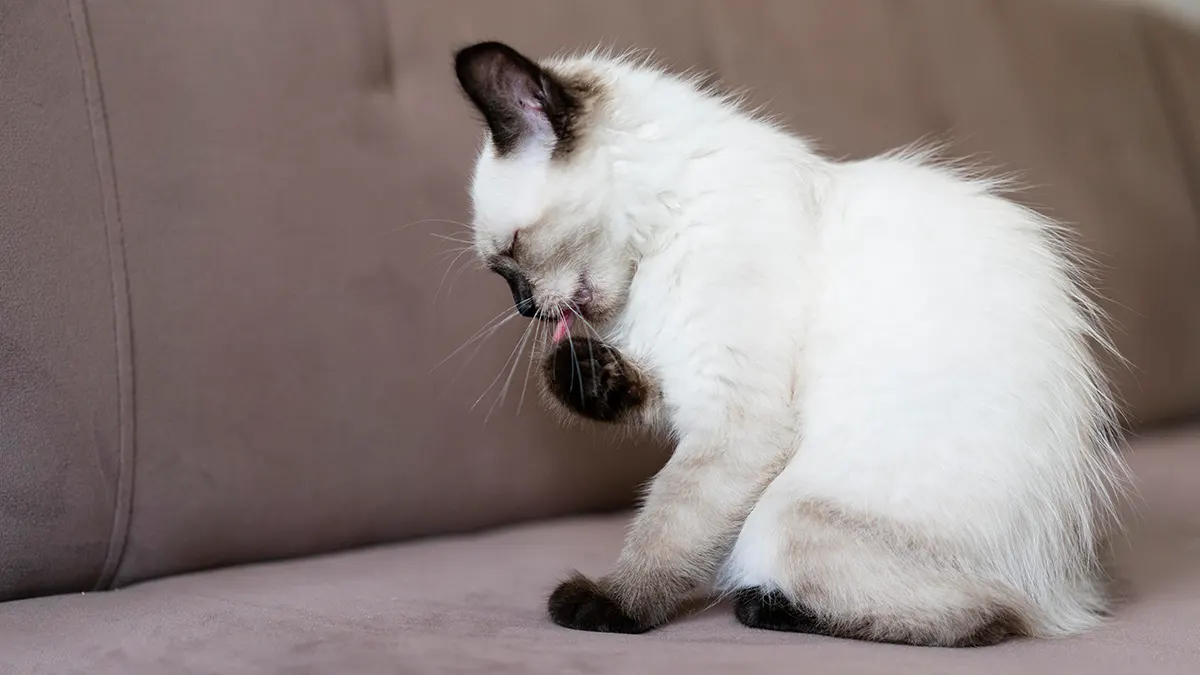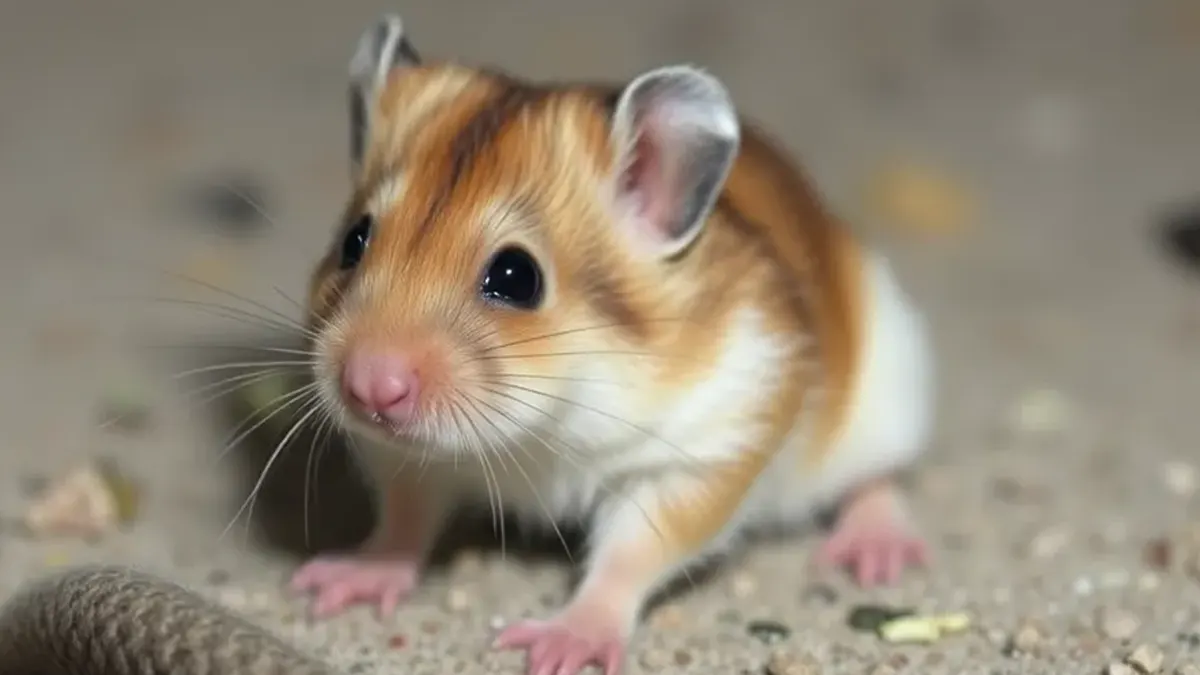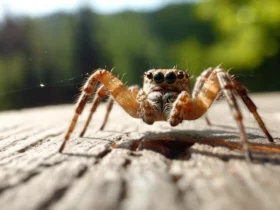Why Did My Young Hamster Die Suddenly? Losing a pet is a heartbreaking experience, especially when a young hamster dies suddenly. This article explores the potential causes of sudden hamster death and offers guidance on how to prevent such tragedies in the future. Understanding these factors can help you care for your hamster better and reduce the risk of unexpected loss. The sudden death of a young hamster can be alarming and may result from various factors, including underlying health issues, stress, poor diet, or exposure to toxins. Hamsters are delicate creatures, so it’s crucial to maintain a healthy environment and diet. If your hamster passes away unexpectedly, consulting a veterinarian can provide insights into potential causes and help improve care for future pets.
Table of Contents
Common Causes of Sudden Death in Young Hamsters
- Health Issues
- Genetic Disorders: Many young hamsters may have inherited genetic conditions that remain undetected until they cause serious health problems.
- Infections: Bacterial or viral infections can escalate quickly. Symptoms may not be apparent until the condition is severe, leading to sudden death.
- Environmental Factors
- Temperature Extremes: Hamsters are sensitive to temperature changes. Extreme heat or cold can lead to stress or fatal conditions like heatstroke or hypothermia.
- Improper Cage Conditions: Unsanitary living conditions, lack of ventilation, or overcrowded cages can lead to stress and illness.
- Dietary Issues
- Poor Diet: A diet that lacks essential nutrients can weaken a hamster’s immune system, making them more susceptible to diseases.
- Sudden Dietary Changes: Introducing new foods too quickly can cause digestive distress, leading to severe health issues.
- Stress Factors
- Loud Noises and Vibrations: Hamsters are sensitive to their surroundings. Loud noises or vibrations can cause significant stress, which may affect their health.
- Handling and Socialization: Overhandling or insufficient socialization can stress a hamster, leading to health complications.
Signs Your Hamster May Be Unwell
While young hamsters can sometimes appear healthy, it’s essential to watch for signs of illness. Look for:
- Lethargy or decreased activity
- Loss of appetite
- Changes in behavior
- Unusual sounds or vocalizations
How to Prevent Sudden Death in Young Hamsters
- Regular Vet Check-ups: Schedule regular veterinary visits to catch any health issues early.
- Maintain a Clean Environment: Ensure your hamster’s cage is clean and well-ventilated. Regularly change bedding and remove waste to reduce the risk of infections.
- Provide a Balanced Diet: Offer a high-quality hamster food that includes essential nutrients. Avoid sudden changes in diet and introduce new foods gradually.
- Control the Environment: Keep your hamster’s habitat in a stable temperature range (about 65°F to 75°F). Avoid placing the cage in drafty or overly hot areas.
- Minimize Stress: Create a calm environment for your hamster. Limit loud noises and provide hiding places in the cage where they can retreat when feeling stressed.
Conclusion
The sudden death of a young hamster can be devastating. By understanding the potential causes, recognizing signs of illness, and taking preventive measures, you can create a healthier and safer environment for your pet. If you have any concerns about your hamster’s health, consult with a veterinarian to ensure they receive the best care possible.
By addressing these factors, you can enhance your hamster’s quality of life and reduce the likelihood of sudden health issues. Remember, a well-cared-for hamster is a happy hamster !








